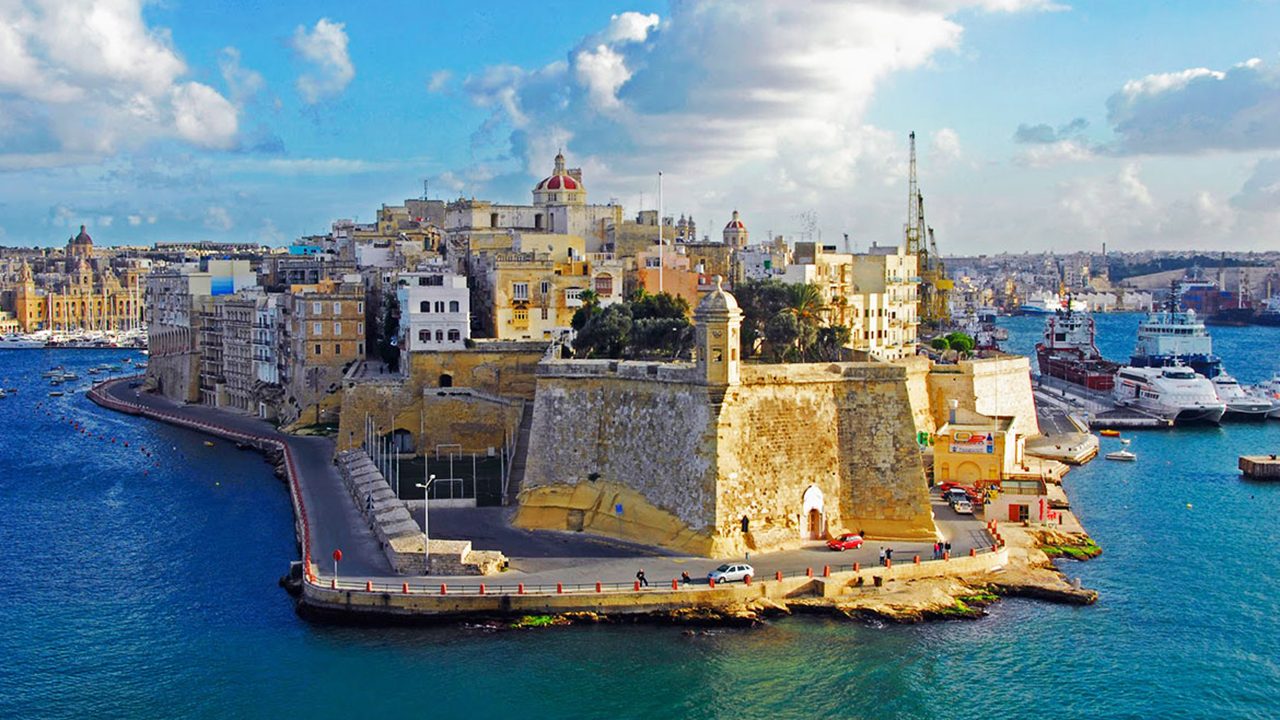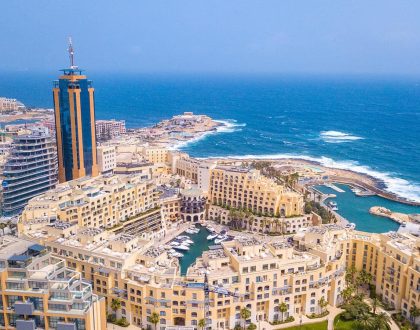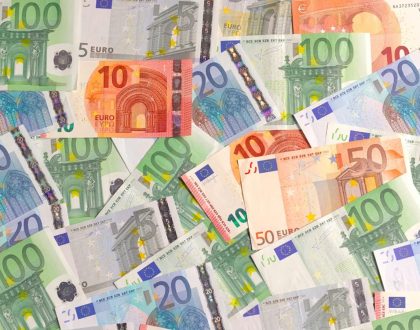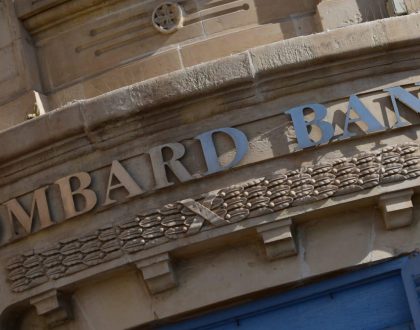Malta Could Raise €344 Million with Wealth Tax

A recent study conducted by the Greens/EFA Group in the European Parliament has revealed that Malta has the potential to generate an additional €344 million in revenue by implementing a wealth tax and addressing tax evasion. The report focused on the impact of wealth tax and “secrecy jurisdictions” on Malta’s economy.
According to the study, if Malta were to introduce a moderate, progressive wealth tax, it could generate an additional €43 million in revenue, equivalent to 0.25% of the country’s GDP. Additionally, by cracking down on tax abuse by wealthy individuals who hide their assets in secrecy jurisdictions, Malta could recover €301 million in tax revenue.
In total, these measures could contribute 2.04% of Malta’s GDP, which would be sufficient to cover 72% of the energy affordability measures recently introduced by the government. To put this into perspective, €344 million represents 18 times Malta’s budget for unemployment. If this additional revenue were entirely invested in housing development, it could cover all existing investments and expand them by a factor of 24.
Furthermore, the study highlighted that with the extra revenue, Malta could increase its education budget by 42% or cover 34% of the country’s healthcare expenditure. If the funds were redistributed to all taxpayers, every household could receive a cheque of €1,689.
Ralph Cassar, the secretary-general of Malta’s Green Party, emphasized that a wealth tax targeting the top 0.5% wealthiest individuals in the EU could contribute significantly to tax justice. He argued that working people often bear the brunt of financing public services, while the ultra-rich do not contribute their fair share. Even a relatively low tax on wealth (ranging from 1.7% to 3.5%) could help fund essential public services, support the transition to a greener economy, and make the tax system fairer, according to Cassar.
The study concluded that a moderate, progressive wealth tax could be an effective means for EU Member States to raise much-needed funds. The proposed tax would aim to collect a reasonable contribution from the top 0.5% wealthiest individuals in the EU, who currently possess nearly 20% of European wealth.
In 2018, the wealthiest 20% of Malta’s population earned 37% of the income, while the poorest 40% earned just 22%, as reported by a study from the Centre for Labour Studies (CLS) at the University of Malta. Despite social policies and government interventions, income inequality in Malta increased over a thirteen-year period from 2005 to 2018.
The study by the Greens also highlighted that in 2019 alone, the EU lost €59.5 billion due to tax abuse by wealthy individuals who concealed their assets in secret jurisdictions.
The report argued that current tax systems create opportunities for the super-rich to engage in international tax evasion, primarily by using secretive jurisdictions to shield their wealth. This tax avoidance by the ultra-wealthy impedes governments from collecting tax revenues generated from capital gains.
Collectively, through the recovery of lost funds due to tax abuse and the implementation of a moderate tax on the wealthiest individuals, EU Member States could potentially generate an extra €272.8 billion annually. This would account for 1.73% of the EU’s total GDP and, if distributed equally among European households, result in an additional yearly income of €1,386 per household.
FAQs (Frequently Asked Questions)
What is the purpose of the wealth tax proposed in the study?
The proposed wealth tax aims to collect a reasonable contribution from the top 0.5% wealthiest individuals in the EU to generate additional revenue for public services and reduce income inequality.
How much additional revenue could Malta generate through a wealth tax?
Malta could generate an additional €43 million, equivalent to 0.25% of its GDP, by introducing a moderate, progressive wealth tax.
How could Malta recover €301 million in tax revenue?
Malta could recover €301 million by addressing tax abuse by wealthy individuals who hide their assets in secrecy jurisdictions and ensuring that they pay their fair share of taxes.
What percentage of Malta’s GDP does the additional revenue represent?
The additional revenue, totaling €344 million, represents 2.04% of Malta’s GDP.
How could the additional revenue benefit Maltese households?
If the additional revenue were redistributed to all taxpayers, it could result in a cheque of €1,689 to every household in Malta.
Recommended Posts

Malta’s SMEs Concerns Over Economy
October 27, 2023

Malta – €52 Million Deficit in 2023
October 27, 2023

NDSF Nominee Faces Regulatory Hurdles
October 26, 2023
